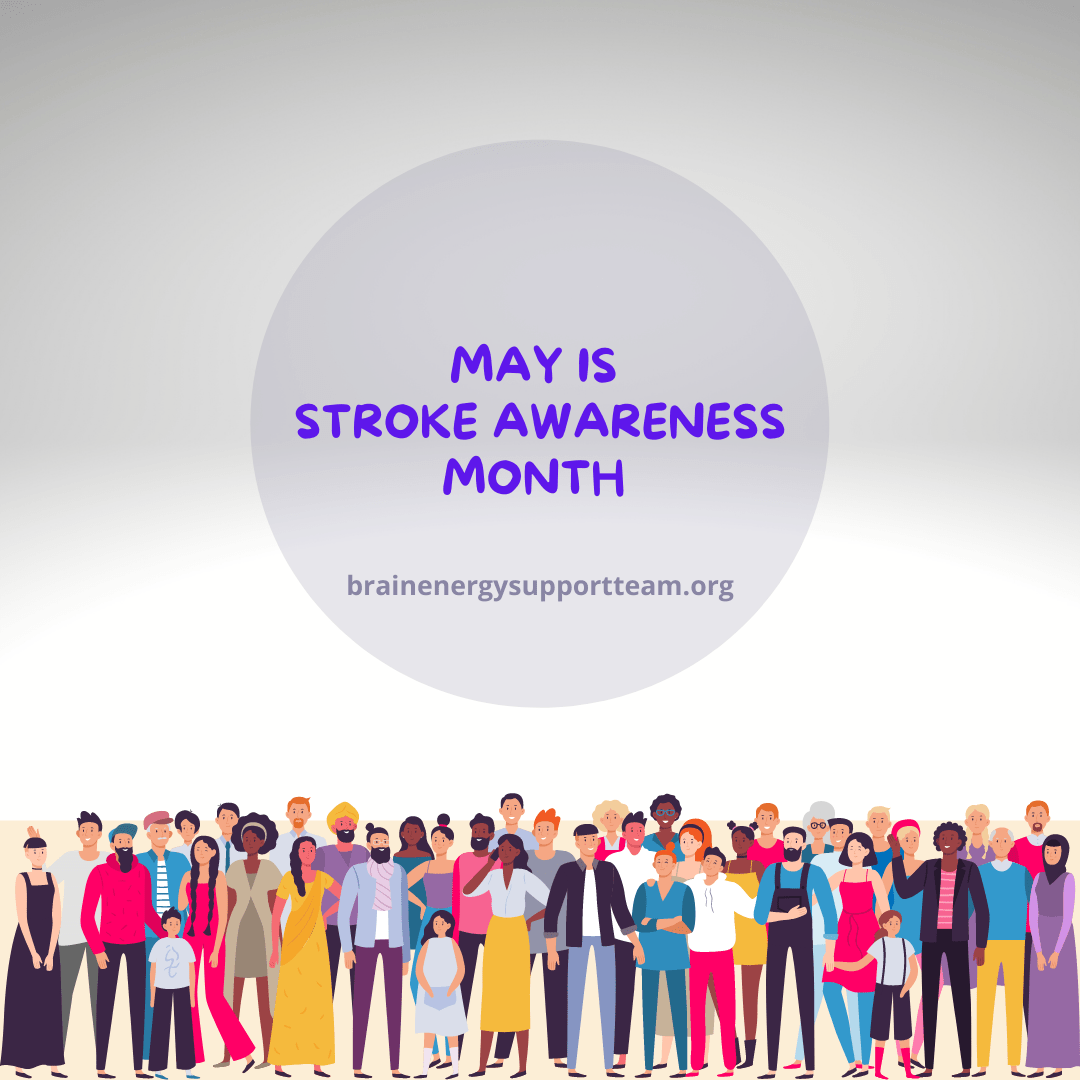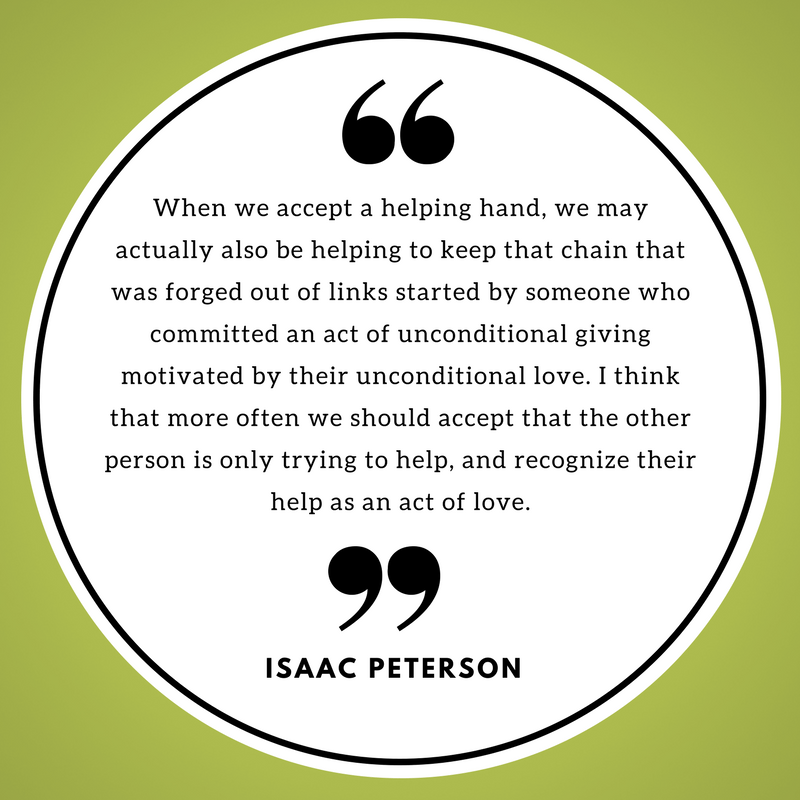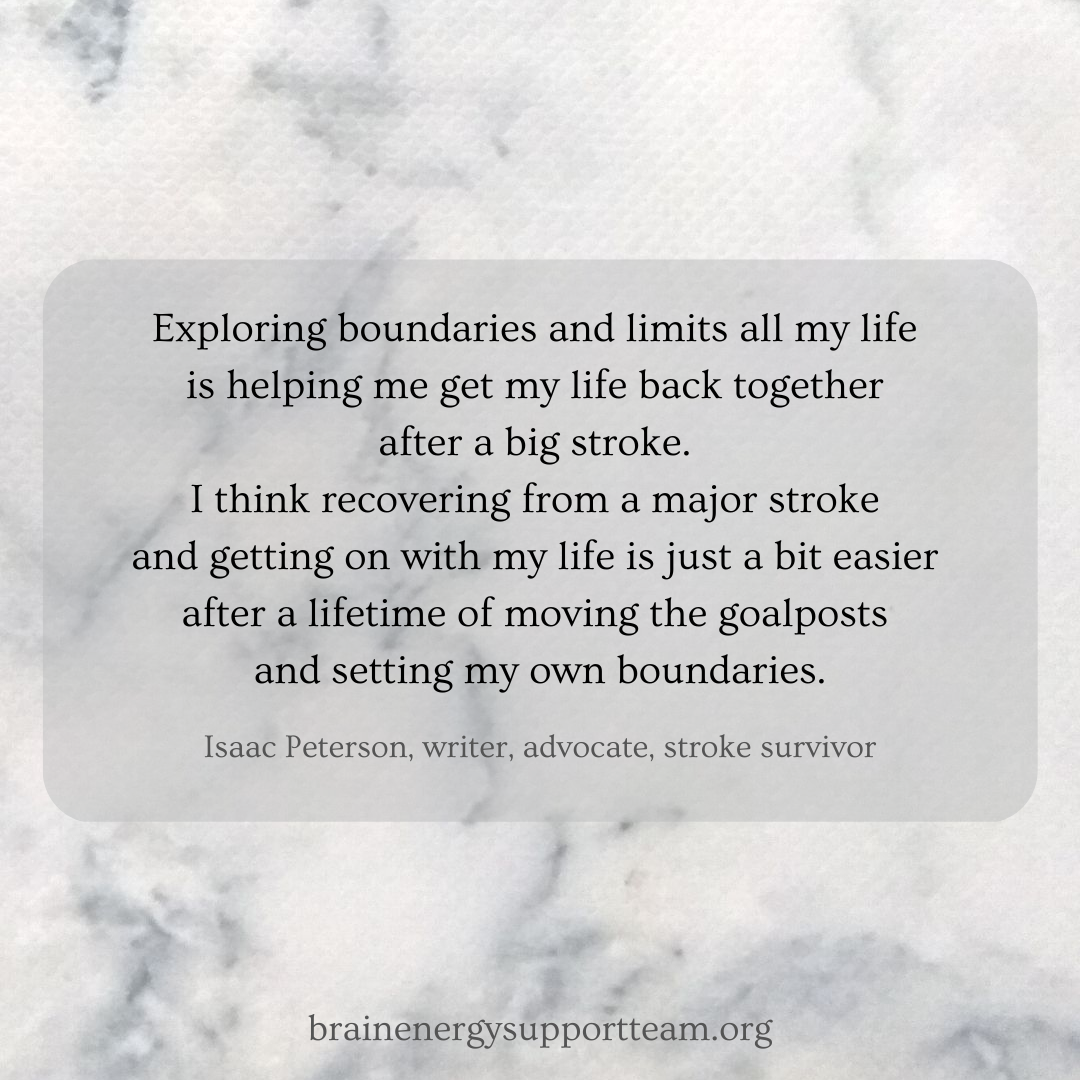Most people have likely heard, at one time or other, of Elizabeth Kubler-Ross’ five stages of grief:
- Denial
- Anger
- Bargaining
- Depression
- Acceptance
That’s all well and good, but those stages don’t deal with varying types of grief.
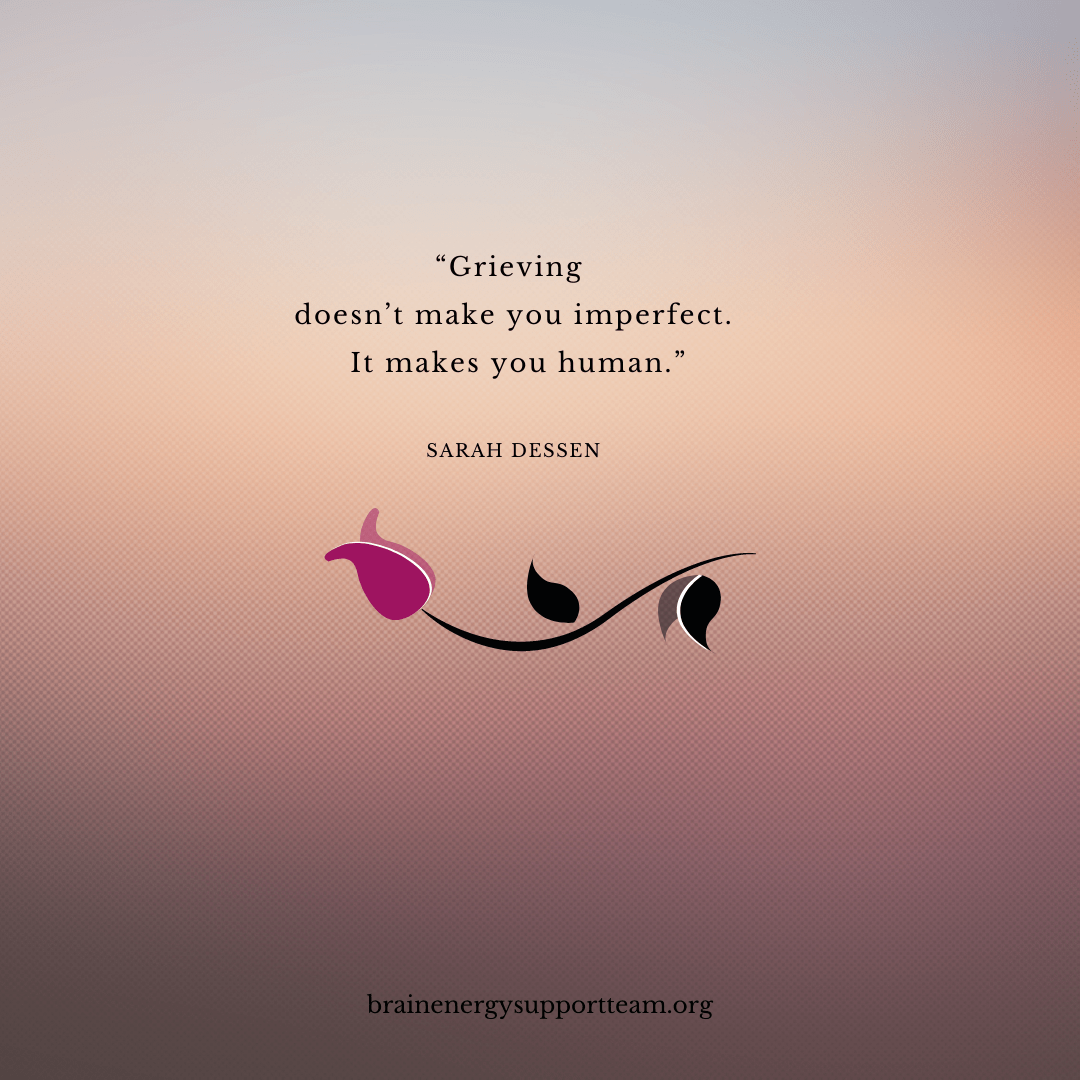 Types of grief? I had only thought grief was just grief, but it turns out there are categories of grief itself.
Types of grief? I had only thought grief was just grief, but it turns out there are categories of grief itself.
I’ll deal with two types of grief: ambiguous grief and anticipatory grief. Understanding and explaining these types of grief can get kind of messy and confusing, but I’ll do my best.
I’ll address ambiguous grief here today, and anticipatory grief in a separate piece.
Ambiguous grief is the grief we feel with the loss of someone who is still alive. It’s different from the feeling of grief and loss from the actual physical death of someone near and dear. The person is still physically present, but may not be mentally or emotionally the same way they were before.
I think this is the kind of grief many traumatic brain injury survivors face when they feel key qualities or abilities they had before the injury are gone or diminished. Their grief is over the loss of the person they were before.
That kind of grieving can be experienced by the people in a survivor’s life as well. Ambiguous grief is very well known by people who have a loved one with dementia or Alzheimer’s. The person is physically here, but not emotionally or mentally present as they were before. That grief is largely over the loss of the loved one as he or she once was, but it can also be about the loss or change in the relationship.
A person going through ambiguous grief may not realize that what they are experiencing is grief. Ambiguous grief can take the form of sadness, anger, guilt, or a range of different emotions.
Our love for that person hasn’t changed; but we deeply miss the person our loved one used to be and our relationship with them.
This type of grief may be made worse when others don’t acknowledge or understand those feelings. It may feel like others are not giving their permission to feel grief and can lead to feelings of loneliness or isolation. Those feelings can be made even worse when others are not open to letting them talk their way through them.
So how does someone cope with their sense of grief and loss when experiencing this kind of grief?
There are uncountable ways of coping, depending on the person.
Some ways I found online to cope with that grief are the following:
1. Give a name to what you’re experiencing. Just understanding what you’re going through and being able to recognize it is the first step in building resilience to the loss.
2. Find a therapist.
3. Join a support group.
4. Celebrate what remains of your loved one.
5. Try to develop new hope for the future.
The daughter of a dear friend was in an auto accident on the freeway. She survived, but with a severe traumatic brain injury and post traumatic stress. She was a college student with her whole life ahead of her, but her whole life was turned upside down, and what the future holds for her is uncertain. She is unlikely to get back to being the person she was before the accident.
About that loss my friend says this: “I am definitely grieving the daughter that I had prior to the accident.” She is constantly looking for ways to cope and seems to have settled on numbers four and five, noted in the list above.
She shares this as well: “I have a piece of paper taped to the dash of my car. I read it multiple times while I am driving. It says ‘It is okay to grieve the daughter you used to have. Someday you will celebrate the daughter she will become. I have not reached the celebration point yet. And quite frankly, I don’t know how to get there.”
But she will keep on going until that day comes.
These coping strategies are not the only possibilities, but it is very important to try to find our own ways to cope with the loss.
But first it’s very important to identify and acknowledge the cause of the grief; that baseline will help zero in on a coping strategy that will help make it through the difficult emotional times.
More to come on the different types of grief along with resources, tips and strategies to help you cope with it.
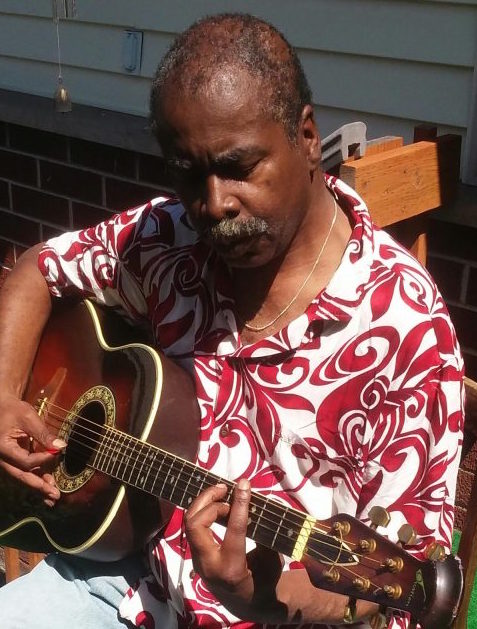 | Isaac Peterson grew up on an Air Force base near Cheyenne, Wyoming. After graduating from the University of Wyoming, he embarked on a career as an award-winning investigative journalist and as a semi-professional musician in the Twin Cities, the place he called home on and off for 35 years. He doesn’t mind it at all if someone offers to pick up his restaurant tab and, also, welcomes reader comments. Email him at isaac3rd@gmail.com. Read more articles by Isaac here; https://www.brainenergysupportteam.org/archives/tag/isaac-peterson |
|---|

